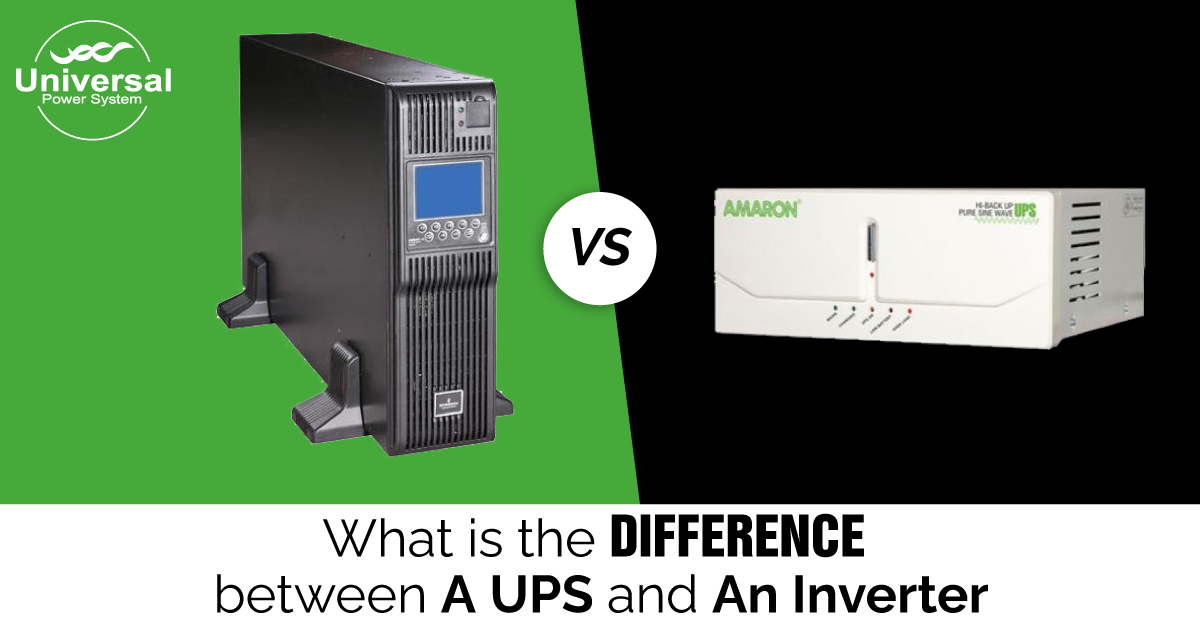
A power outage necessitates using a backup power source, such as an uninterruptible power supply (UPS) or an inverter. What's the difference between an inverter and a UPS? When comparing the two, which one is better for everyday use? Should I invest in a UPS or an inverter? If you're confused about the differences between an uninterruptible power supply (UPS) and an inverter, this post should help.
To change direct current (DC) to alternating current (AC), a power electronic device called an inverter is used (AC). It can function as a utility-interactive inverter, part of a larger circuit like a power supply unit or uninterruptible power supply (UPS), or as a stand-alone device that receives power from DC sources like a battery and solar energy and converts it to AC supply. While inverters don't produce or store electricity, they can be linked to external power sources like batteries to keep electronics running.
The uninterrupted power supply is another name for UPS. An uninterruptible power supply (UPS) is a piece of hardware that supplies an alternative power supply in the event of a mains power outage or voltage drop. Many different parts make up an uninterrupted power supply (UPS). A standard uninterruptible power supply (UPS) has four main components: batteries, a battery charger, an inverter, and a transfer switch. Since batteries use DC, but AC is required for distribution, an inverter is used in this simple UPS system to make the necessary conversion.
This section is for you if you have not yet utilized either of these options. Choosing an uninterruptible power supply (UPS) from Universal Power System is a no-brainer for mission-critical applications in large businesses and organizations because of the importance of preserving data integrity and maximizing profits. If you want to use an inverter as a UPS at home to cut costs, the answer may be: it depends. It is feasible to use inverters for general household electric appliances whose operation is unaffected by the lengthy switching time. For most light bulbs and televisions used in the home, the delay is bearable. However, in the event of data loss, it is recommended that UPS be used for devices such as computers.
Some may wonder if the inverter can adequately handle a power outage of a PC and decide to install a UPS. Connecting to a UPS is acceptable instead of using a PC on the primary inverter. It's important to remember that a traditional UPS and an old square or triangle wave output inverter may not work well together, resulting in disastrous sine waves. However, this is feasible if the inverter used in conjunction with the UPS is a pure sine wave inverter, and the UPS can handle the sine wave. Call the Emerson ups dealer in Gurgaon and ask for assistance from a technical support team member for the best results.
When compared to an inverter, the UPS's efficiency shines. The UPS instantly and steadily supplies power to the devices in case of an electrical outage. The inverter acts as a bridge between the primary power source and the backup battery. The battery aids in energy storage and, in the event of a power outage, helps convert the AC stored energy into DC to power the electrical inverter.